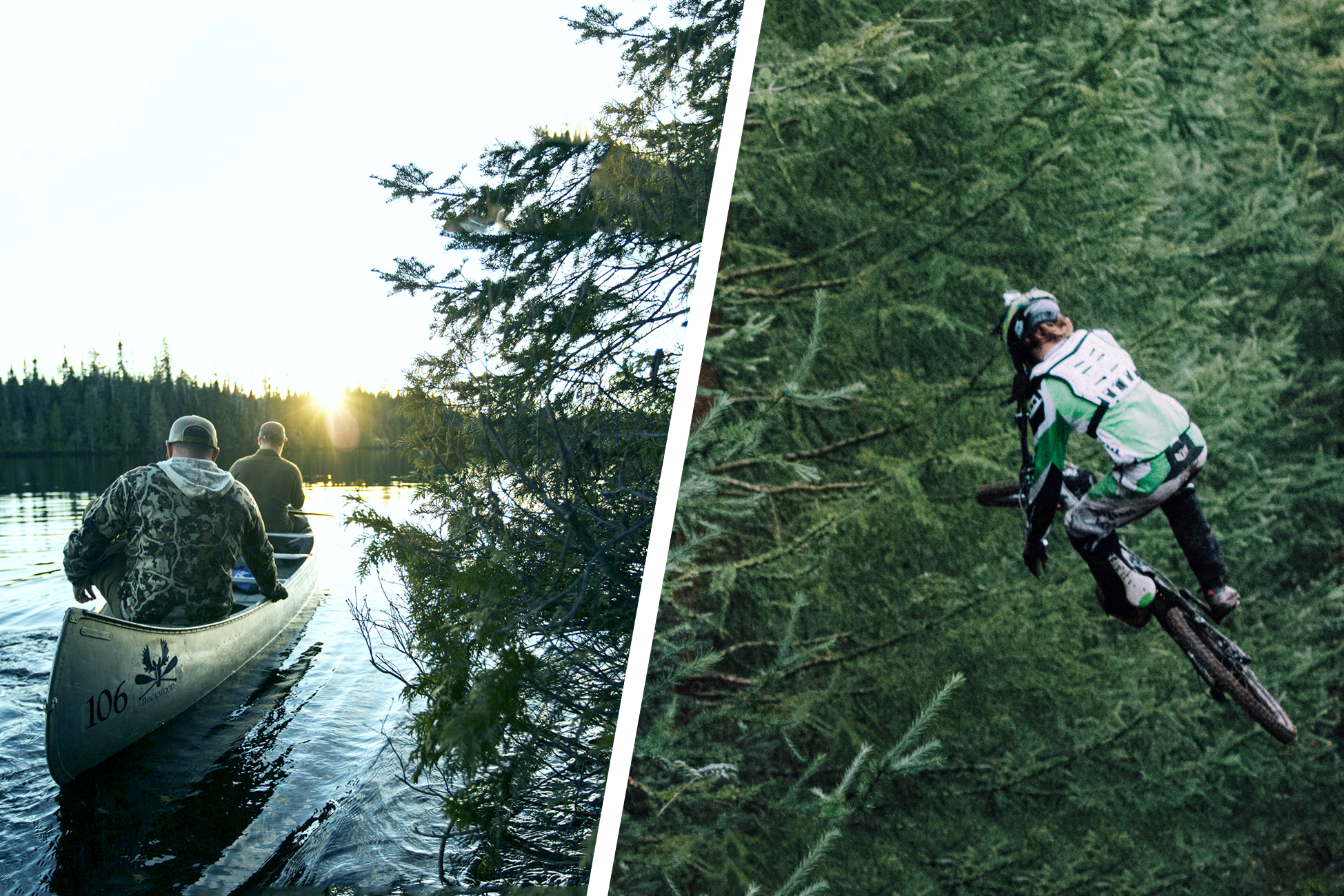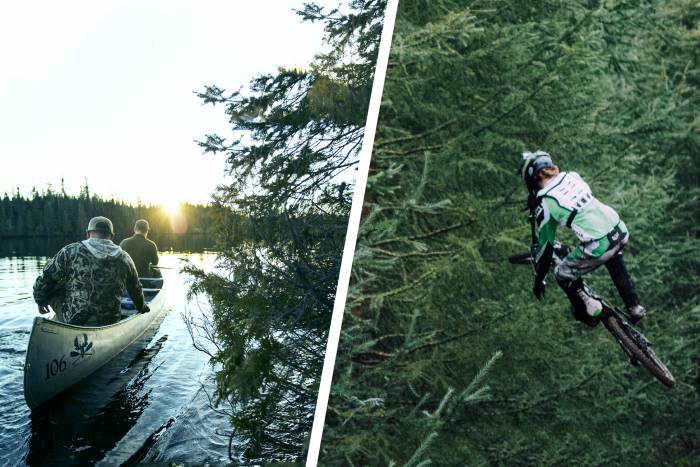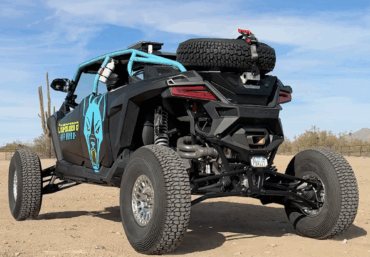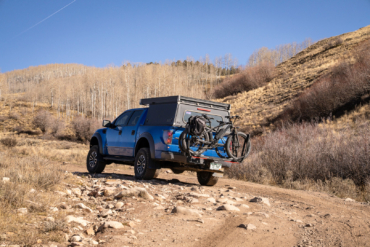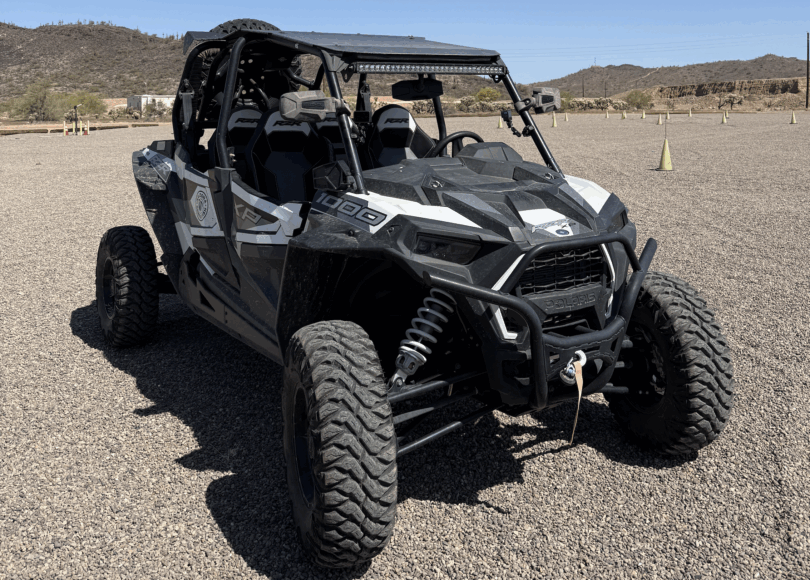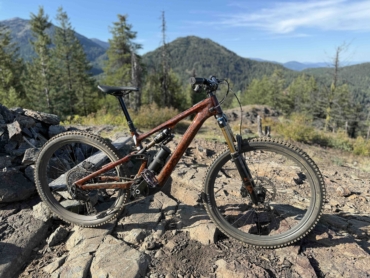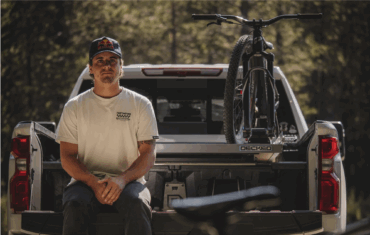Congress advanced a bill that could allow some wheeled traffic – including bicycles – in Wilderness Areas. And cyclists find themselves on both sides of the issue.
Walk, run, hike, crawl, or paddle – there are a number of ways to explore wilderness areas. But following the Wilderness Act in 1964, which put forth federal protections to protect areas virtually untouched by humans, pedaling a bicycle through them has never been an option. Specifically, the U.S. Forest Service interpreted the Act in 1977 to include a ban on mountain bike traffic through protected land.
But that moved one step closer to changing last week when a committee approved a bill that would permit certain wheeled devices in wilderness areas. HR 1349 would amend the 53-year-old act to allow bicycles, strollers, wheelbarrows, game carts, and motorized and non-motorized wheelchairs to access to more than 109 million acres of designated wilderness.
The move angered conservation groups and current trail users. But it also created a rift within the cycling community – some see it as an obvious clarification to the spirit of the law, while others see it as an overreach.
Wilderness Areas: To Bike, or Not To Bike?
The bill, introduced this spring by Rep. Tom McClintock, R-Calif., now awaits action on the house floor. But factions on both sides have already begun speaking out.
Among the bill’s proponents are regional mountain biking groups.
“I think this would be a big olive branch to a large group of users, a younger demographic, who want to be supporters of wilderness and all the protections it provides,” Mark Tate, president of the Southwest Idaho Mountain Bike Association, told the Idaho Statesman.
Rep. McClintock, who authored the bill, said he listened to his constituents when drafting the idea. Speaking to the Los Angeles Times, McClintock said, “Our wilderness areas were never intended by Congress to prohibit human-powered mountain bikes.”
That falls in line with the views of Susie Murphy, executive director of the San Diego Mountain Biking Association. “The mountain biking community would be amazing stewards,” she told the LA Times. “If you don’t get newer groups into these places to take care of them, how would anyone protect them from other uses that would be way worse than mountain biking, like mining?”
But that’s exactly what opponents are afraid of. They worry the bill is another attack on public lands that will weaken protections.
“I think the underlying purpose of the bill is to weaken wilderness protections,” Matt Norton, policy director for Northeastern Minnesotans for Wilderness, told the Star Tribune. Minnesota is home to the country’s largest wilderness area, the Boundary Waters Canoe Area Wilderness. And though it is less conducive to mountain biking than most wilderness areas, the potential for winter biking on frozen waters there is raising alarms.
Wilderness Wheel Access Not Guaranteed
The bill would lift the blanket federal restrictions on wheeled access to wilderness areas. But this access could still be restricted by local management agencies, said Jennifer Cressy, communications director for Rep. McClintock.
“Use would be at the discretion of local land managers,” Cressy said. “The bill would restore to federal land managers the option to permit non-motorized mountain bikes, adaptive cycles, strollers, and game-carts in wilderness areas where their use is compatible with the environment, trail conditions, and existing uses.”
Wheels in Wilderness Areas: IMBA Speaks Out
Perhaps most surprising of all is the testimony the International Mountain Bike Association submitted to the House Natural Resources Committee. It stated unequivocally that IMBA opposes the bill to allow bikes in wilderness areas.
“IMBA will continue to respect both the Wilderness Act and the federal land agencies’ regulations that bicycles are not allowed in existing congressionally designated Wilderness areas. IMBA is not supporting H.R. 1349.”
The organization argues that it is in cyclists’ and conservationists’ best interests to work collaboratively to expand mountain bike access.
“We’ve made incredible progress for mountain biking through partnerships, and we’re going to continue gaining ground by raising the profile of mountain biking all across America,” said IMBA Executive Director Dave Wiens.
IMBA said it would respect the dissent of regional chapters and groups that support the bill. But it seems this bill is on track to make big waves both inside and outside the cycling community.
